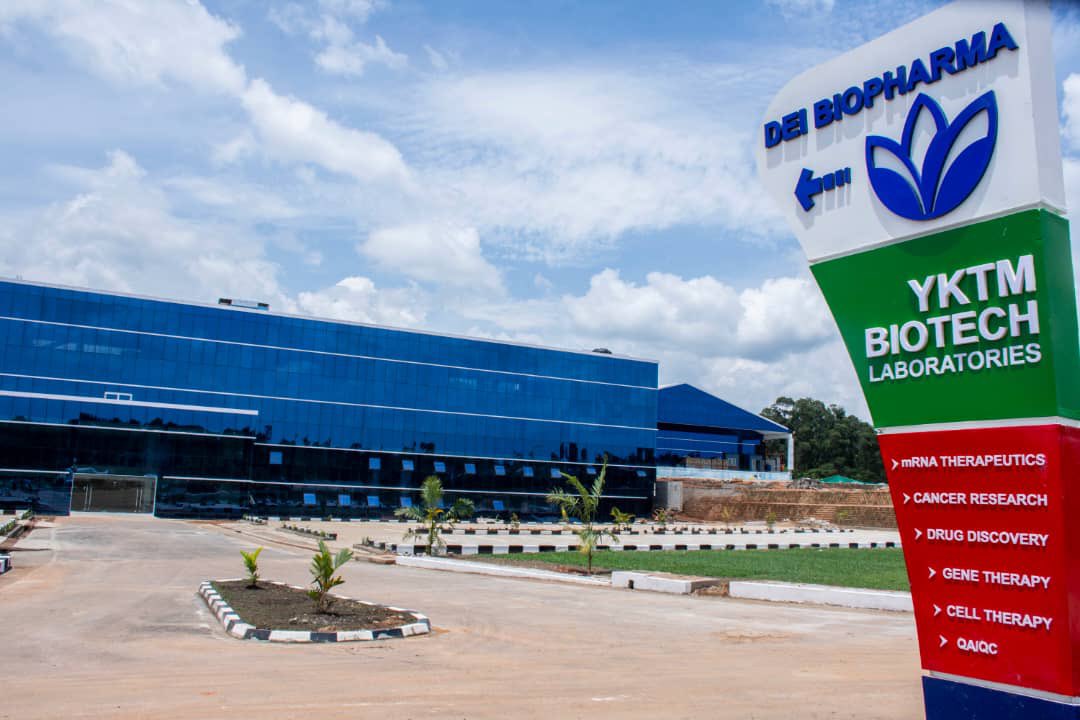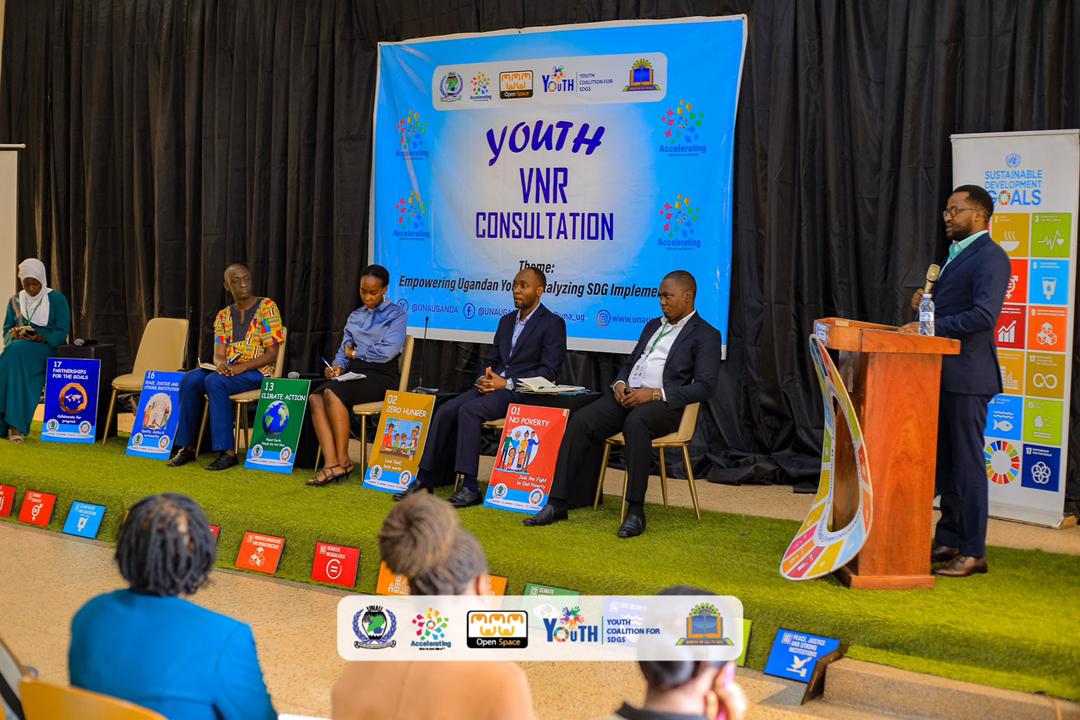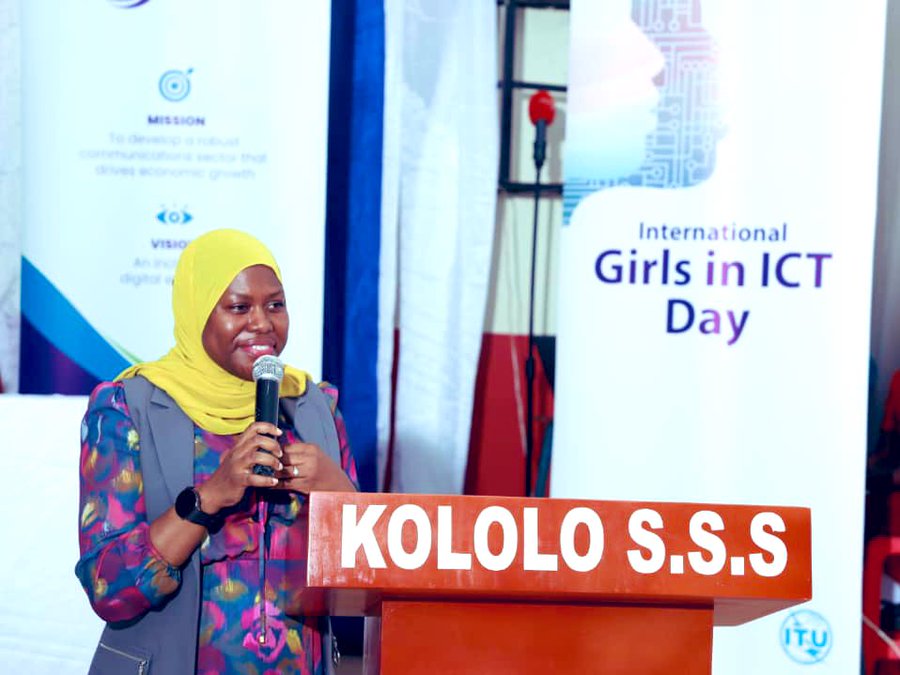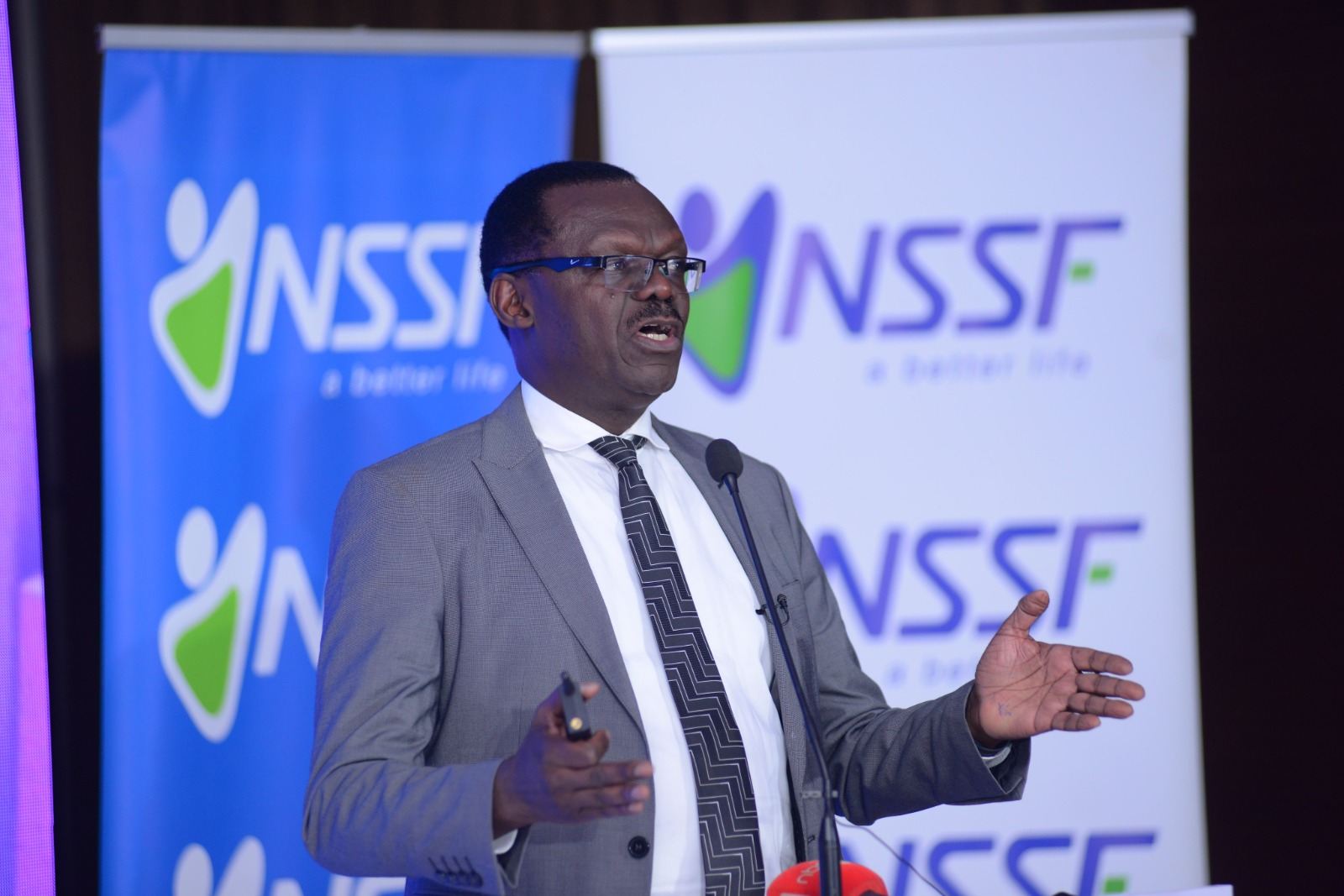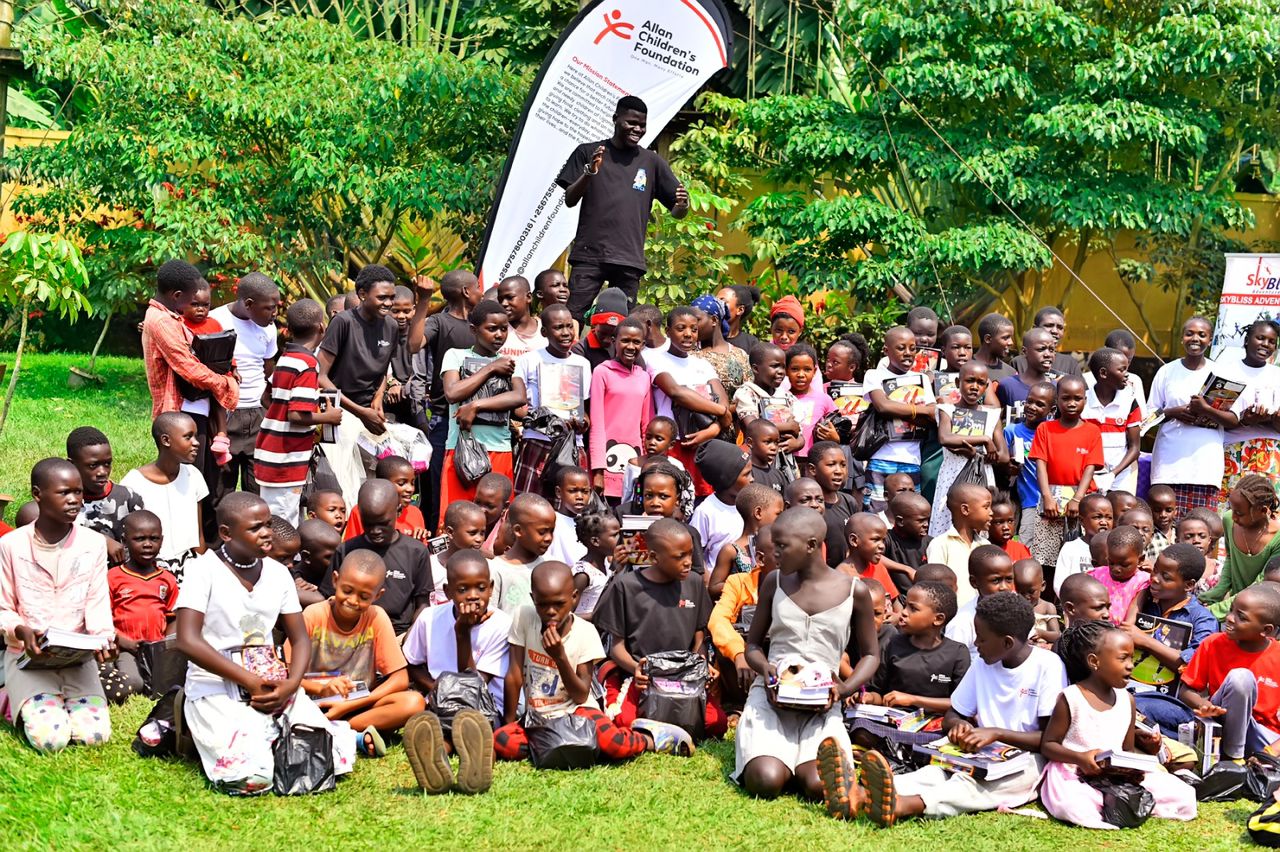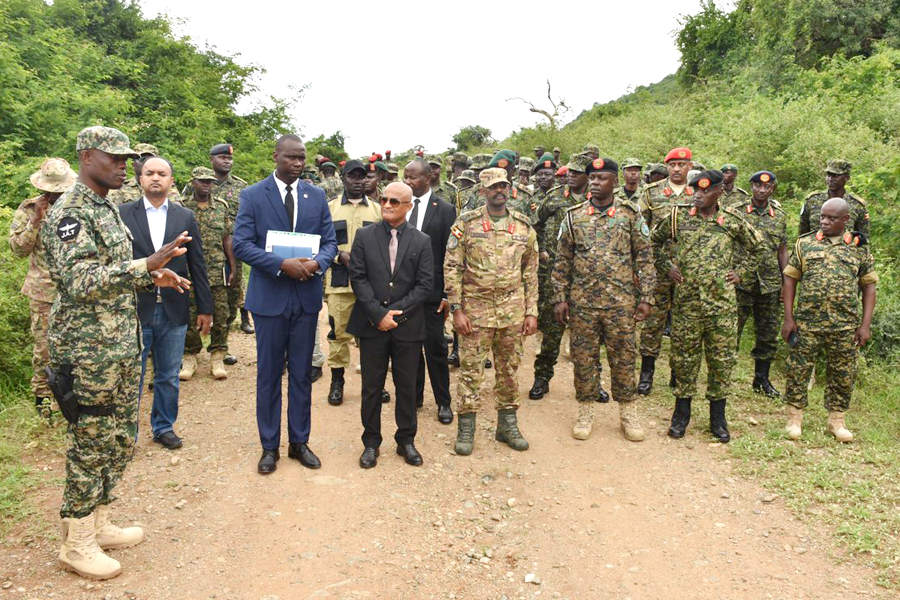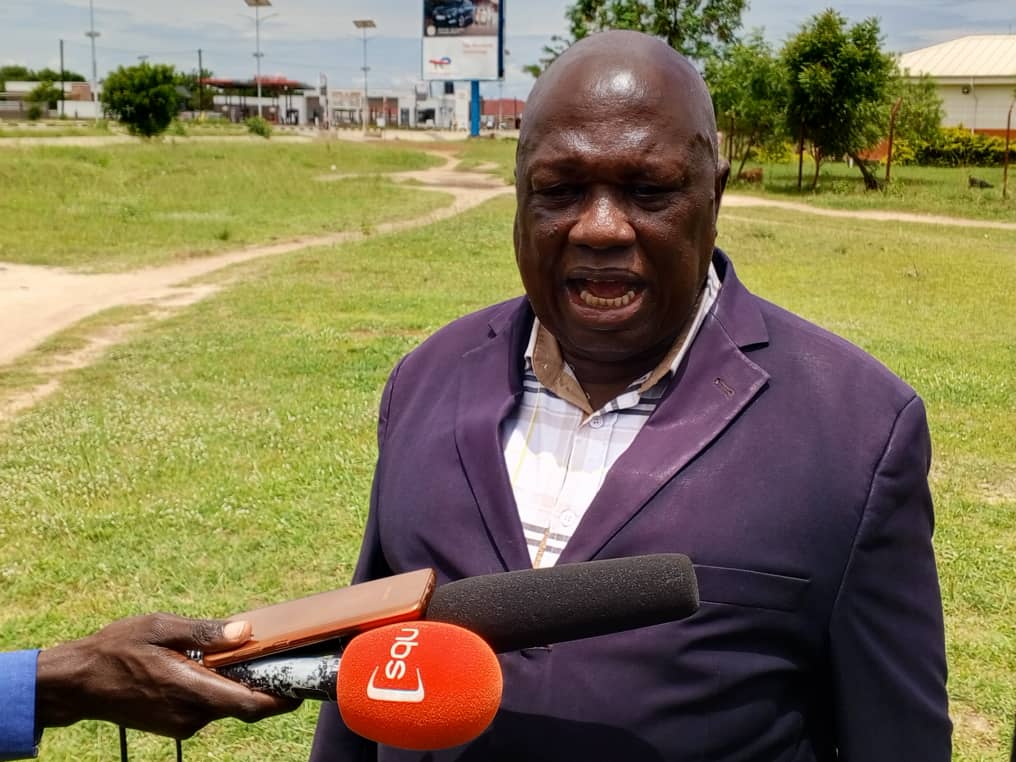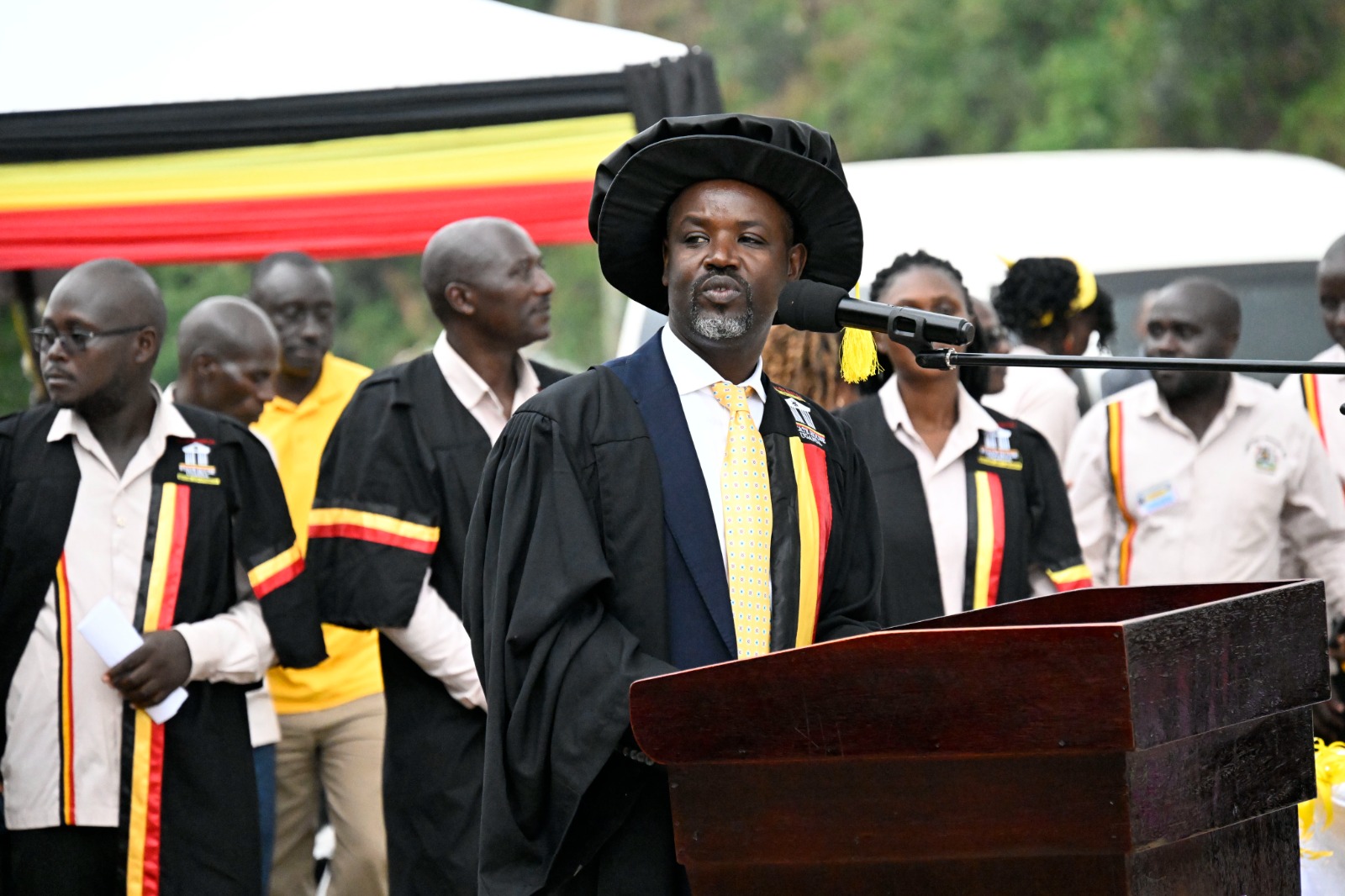OPINION: Ugandan security forces can beat off recent attacks if they do this
Over the past months, a lot has happened and is seemingly continuing to happen in the security circles of Uganda as a republic. But most notably are the unpredictable raids on army personnel and various police stations and posts that have seen guns taken and officers killed by unknown assailants.
Who is that enemy so bold to plan and execute such attacks against the security forces? How does that enemy spot his targets? How does he study them so well that almost all his raids have been successful? How is he able to do surveillance on the forces that are supposedly expected to be above surveillance? What is security not getting right? Who is sleeping on the job? These are questions I keep asking myself.
Keep Reading
Earlier this year 2022, when Kampala got hit in the twin bombing, Next Media published an article where I encouraged security and the entire public to be keener on security. In the article, I cautioned that if security does not step up, soon our children would be taken up and would dine with attackers.
From what I can observe, there seems to be a progressive increase of terrorism in Uganda. It started with assassinations, it went to bombings and now it has gone to gun acquisition. Who knows? Next it could come to hostage situation- in a mall, hospital, or even a school, an attack on our president or beyond. Depending on what the attackers are after, it could even escalate to a full war.
Whereas I applaud the security forces for being able to track some of these assailants and liquidating them, I am still very concerned that the security forces are in a reactionary position than a proactive position. This means that the attackers are ahead in planning than our forces.
I published a book this year talking about recruitment in the Ugandan forces and how to make it better. In the book, I talked about a variety of things including the quality of intelligence gathering and how it is impacted by the quality of training our officers are subjected to. The fact that most of these attacks are getting security unaware, is a real sign of gaps in intelligence gathering.
Lack of Rapport with the wananchi
It is in such moments of insecurity that the health between our security personnel and citizens is put to a test. This calls for a security force that has a rapport with the wananchi. If there is a gap between the wananchi and the forces, no one will communicate intelligence. Intelligence often comes from the wananchi then passed on to intelligence officers who communicate it all the way up the chain then appropriate action is proposed, planned and executed downwards. Even if CMI or ISO were to insert tier-one operators in a criminal or terrorist gang, chances are close to 100% that the first intelligence in identifying the gang was from intelligence provided by a wananchi. So, the forces need to come up with ways they can create rapport with the masses if we are to put this madness of gun attacks on security personnel to a stop.
Lack of Predictive analytics in intelligence training
I keep asking myself. Other than shooting a gun, doing PTEs and ideology training, what core intellectual training does the curriculum add to our forces? What is taught in intelligence school when it comes to predictive analytics? Are our officers able to predict, identify and isolate terrorism cases before they happen? Or are the forces only good at identifying suspects following trails of evidence after an attack? The greatest skill our forces should have is the ability to predict crime even before it happens.
In my profession (Market Intelligence) we are taught Complex Event Analysis. We use this knowledge to develop skills that we use to study events and predict what competitors are planning or are likely to do next.
Based on such predictions, we are able to draft “stand-by” counter-strategies to manage business competition that our clients face. As strategists for clients and their marketing departments, we do this to avoid being taken by surprise yet clients trust us to be their ears and eyes in the market as we feed their marketing departments with endless market data and intelligence.
Big businesses that understand real competition are able to relate with what I am saying.
So, the same applies to politics and security. The principles of competition are the same but the difference lies in the skills possessed by the players.
Are our forces taught predictive analytics? Are they able to do a complex event analysis of events and predict the next possible wave of crime and who will likely execute it, when and where? The predictions might not necessarily be right all the time, but on several occasions, a jack pot will be hit or someone somewhere will panic and lights will go red.
How our forces can develop skills in predictive analytics.
The best way to develop skills in predictive analytics is by starting to learn to ask the right questions for any situation. For example, at the moment, it is clear that Uganda’s stability is facing an unknown enemy. Or if the enemy is known, that enemy is buried deep inside the core to be identified easily.
However, that enemy keeps hitting us left, right and centre in a pattern that is seeming too complex for us to decipher fast.
However, the lucky thing is that it is clear that that enemy has no resources that is why they are resorting to attacking officers for guns. To me, this means that these guns are not being randomly taken. They are well spotted, surveyed and taken.
However, after an attack, the guns can not be immediately moved. The attackers have to stay with the guns for a while as the atmosphere cools down. On cooling down, these guns I anticipate are then moved to a collection centre. Now, this is where the real deal should be. When these guys attack and take guns, where do they plan to take the guns? Do they have a collection centre? If yes, where is that centre located? Are they building an armoury? If they are, what are they planning to hit? This is an example of asking the right questions.
This is where intelligence needs to stop acting in panic as they have been doing by taking out each and every suspect they identify to have guns as result of an attack on security forces. This is where intelligence needs to identify an assailant and track that assailant’s journey all the way until where the gun ends up. If we focus on taking each one out before we even get to know them deeper, so that we get answers to the right questions, then we are likely to lose out on the bigger picture. The actual brains behind these attacks will realize that all their personnel are being taken out and then they will change strategy and intelligence will have to start all-over again.
So, our security forces need to be more proactive than being reactionary over events. And to be proactive in surveillance, identification and isolation of crime before it happens, the forces need to strengthen their relationship with the wananchi and then step up their skills in complex event analysis so that they are able to sharpen skills that will help them to predict acts of terror and other crimes.
I know this can not be achieved in a single day as it is a process. So, this is why I have written this article before it istoo late. We can not be caught off guard more than 5 times by seemingly the same gangs doing the same things and we still say we have a serious intelligence training curriculum.
We have a resilient army and police force; we just need to help them to identify the gaps in their intelligence chains and then work with them to fill those gaps.
May the souls of our security officers that have been lost in these attacks rest in eternal peace.
Thoughts by Belguin Prosper Lumu. Prosper is a market intelligence & strategy expert and the CEO at Young & Free International. You can know more about him by visiting https://belguinprosper.webs.com


